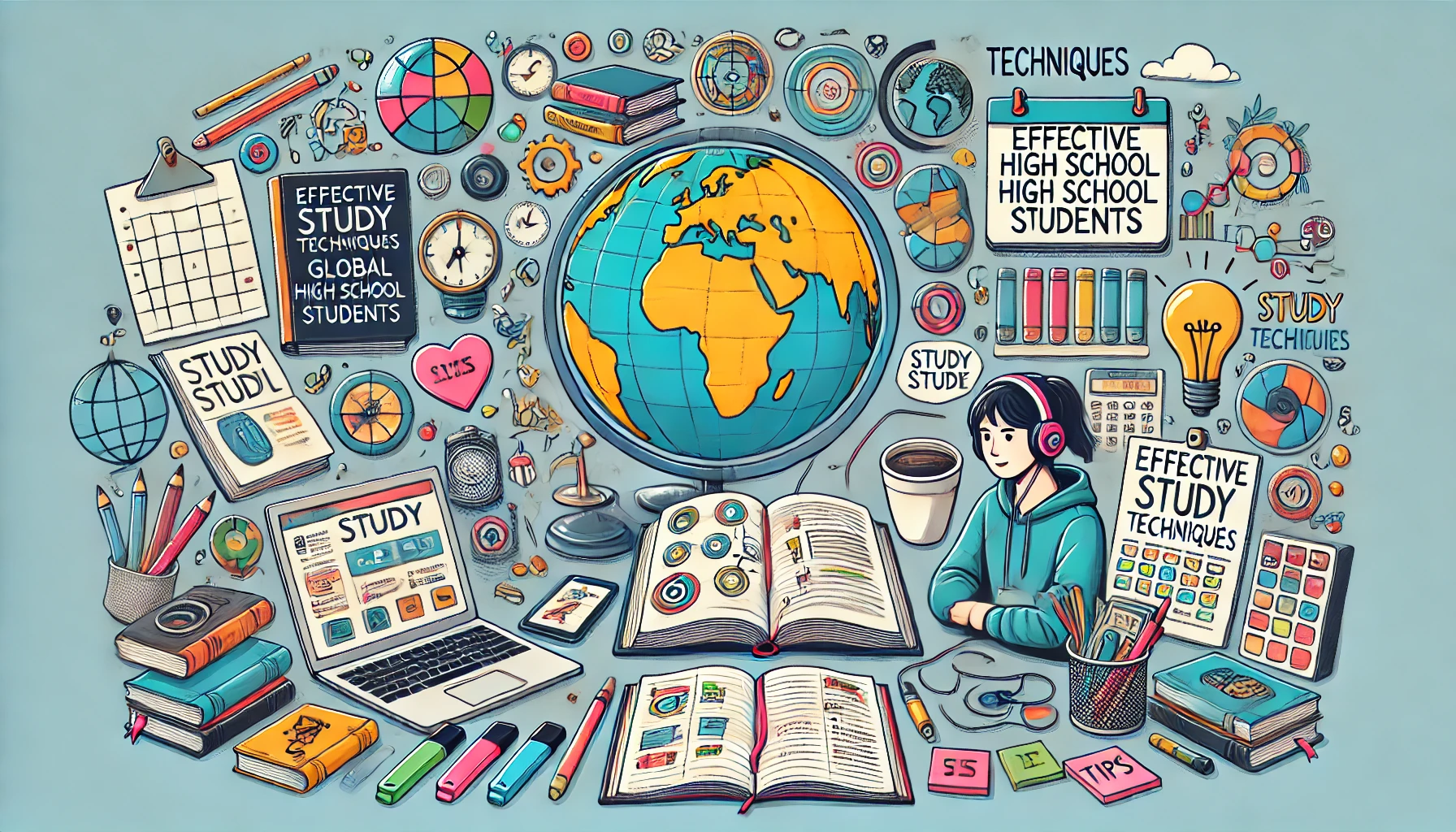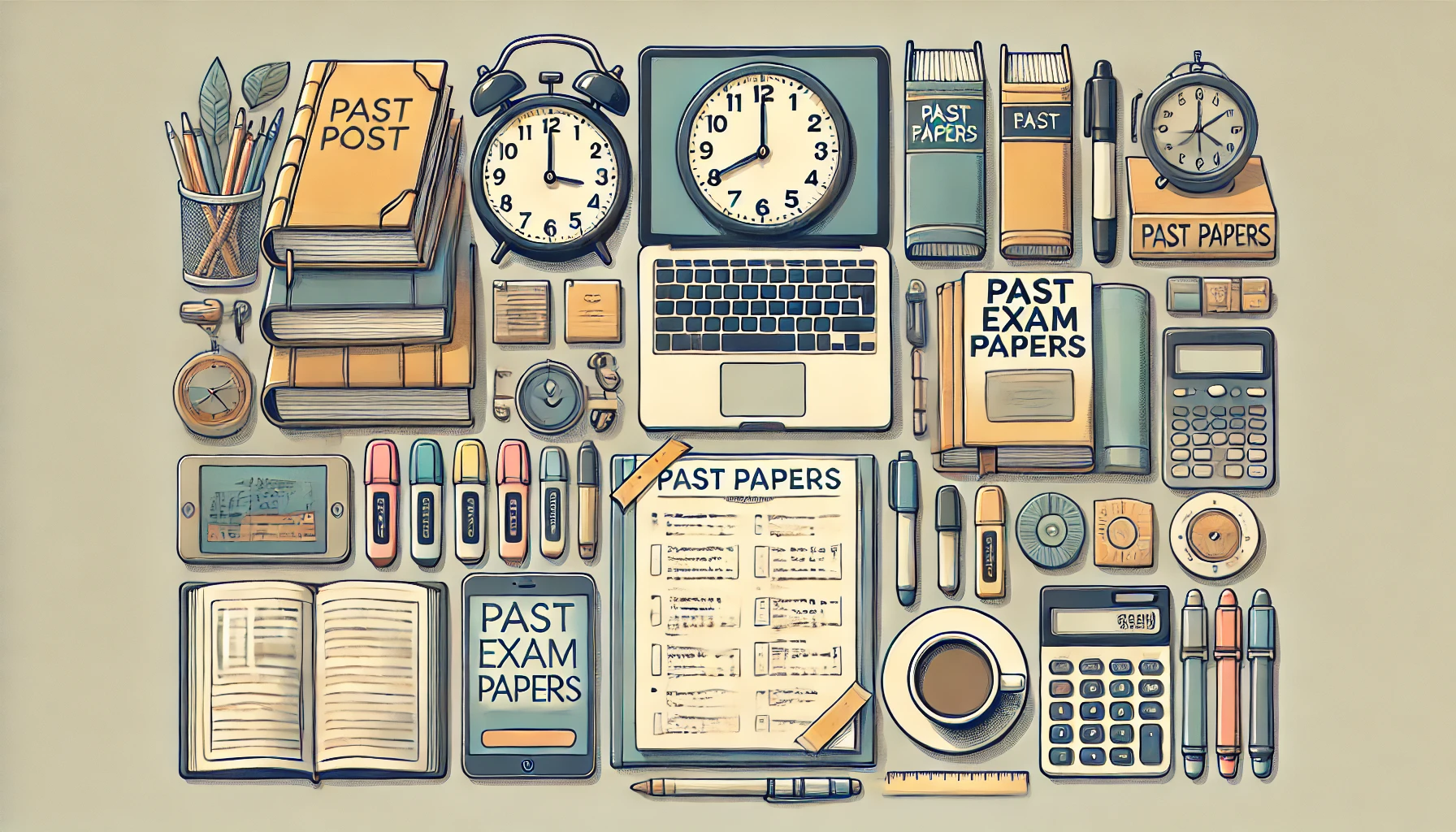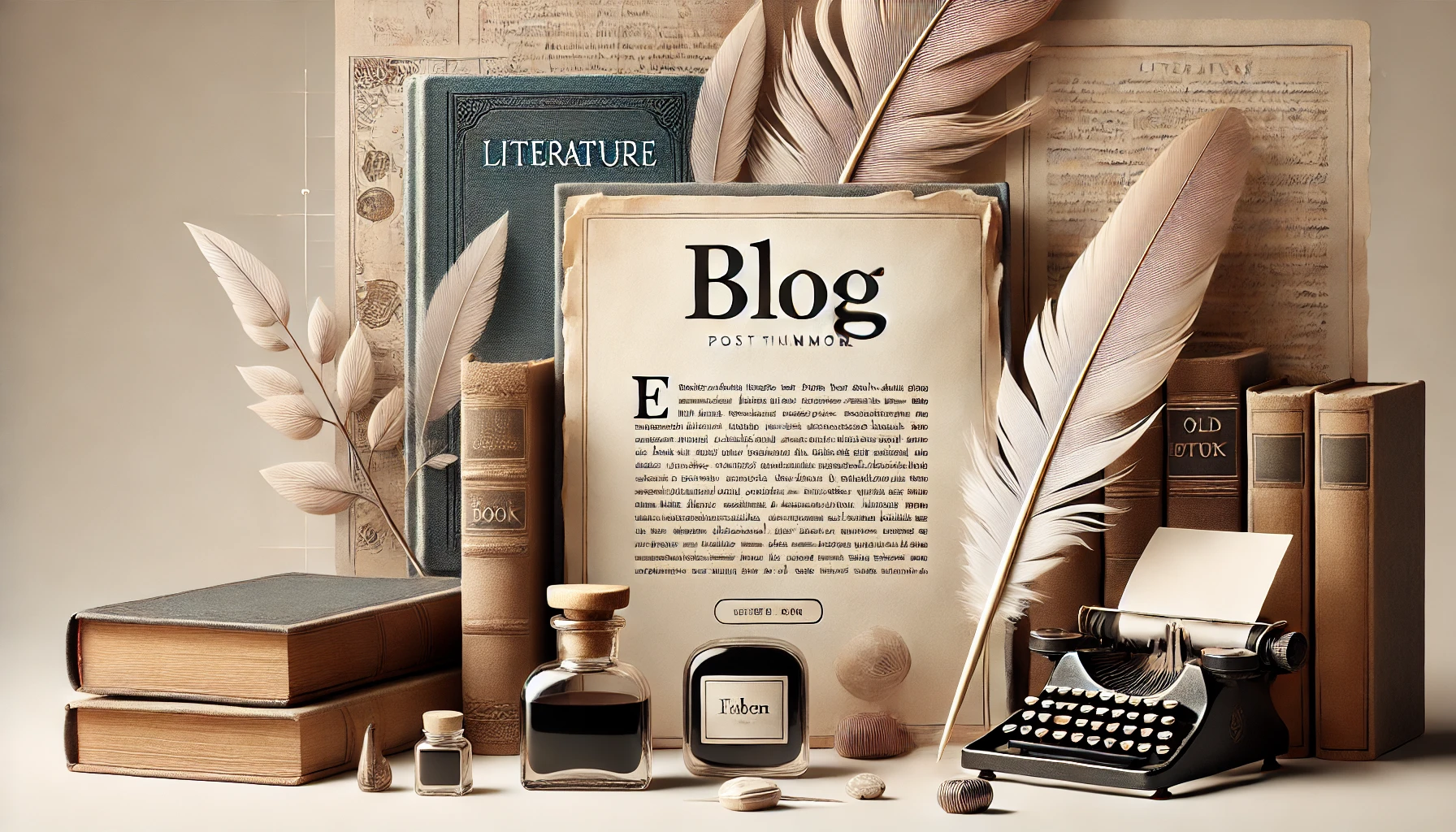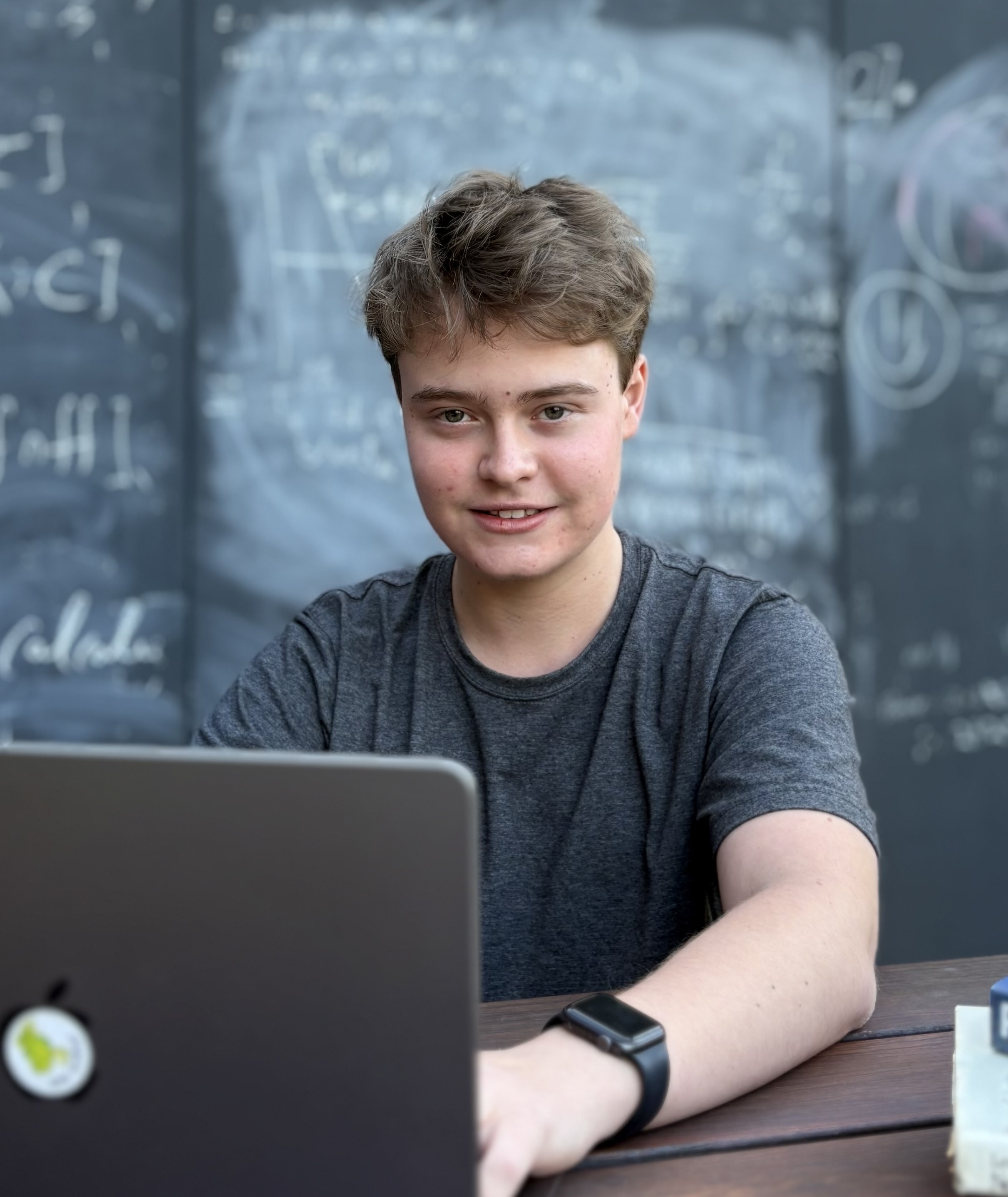
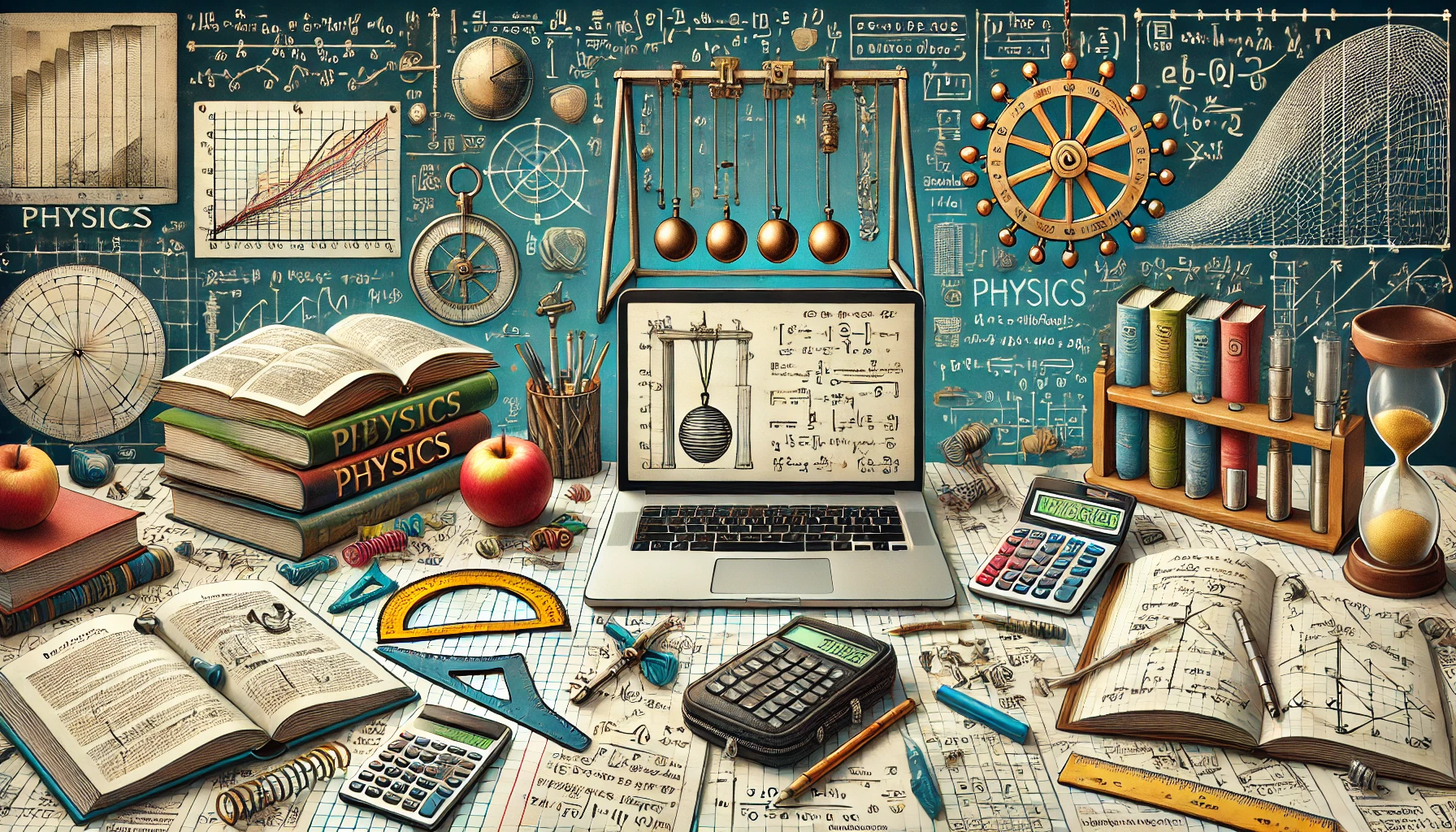
We asked one of our best Physics tutors, Jonathan, about his experience completing IB Physics and how he got a 7.
What score did you achieve in IB Physics?
I got a 7! My final score was 83, which wasn’t as high as I would have liked, but it was still well above the threshold of 69.
How did you study for IB Physics? What techniques did you use to study?
For the final exams, I did exactly what I recommended above: I did practice papers and memorised my definitions. It was as simple as that.
But before I got to that point, I had to actually learn the content, and for that, the process was a bit more convoluted:
- I’d read through the textbook to get an understanding of the underlying theory and derivations (I used the Tsokos book, highly recommend!)
- If things didn’t make sense, I’d watch YouTube videos from IB-specific channels like Chris Doner, who is excellent at explaining difficult concepts
- Then, I’d start doing practice questions until I felt confident. (Don’t be afraid to look at the mark schemes if you’re confused starting out! It’s a great way to learn.)
I think people often overthink physics. If you asked a pianist how they studied to get to their level, I doubt they’d tell you about how they made mind-maps of their music theory notes, or used flashcards to memorise pages of sheet music. They’d probably give you the same advice: sit down at the piano, don’t be afraid to make mistakes, and practice hard!
What is your advice for Physics students for the IA?
Ah yes, the IA. The most important piece of advice I can give would be to find a good topic as soon as you can, so that you have as much time as possible to carry out your experiment and write the actual report.
When it comes to choosing the topic, you have to make sure you have:
- A specific, well-defined independent variable, preferably one you can set to several different values
- A similarly specific and well-defined dependent variable that you can measure precisely and reliably
- And perhaps most importantly, a known theoretical relationship between your variables that you can use to make predictions and explain your findings.
So, for example: “How does temperature affect the spring constant of a spring?” is a great topic, because:
- Your independent variable, temperature, is something you can easily control (perhaps with a water bath with a thermometer)
- Your dependent variable, the spring constant, is well-defined and easily measured (e.g., with a Newton-meter and a ruler)
- And there is a theoretical relationship between these variables (temperature generally affects the Young’s modulus of the spring, which is directly related to the spring constant), which lets you make valid predictions and demonstrate your understanding of the physics.
If you have these, it makes the data collection, analysis, and explanation aspects so much simpler.
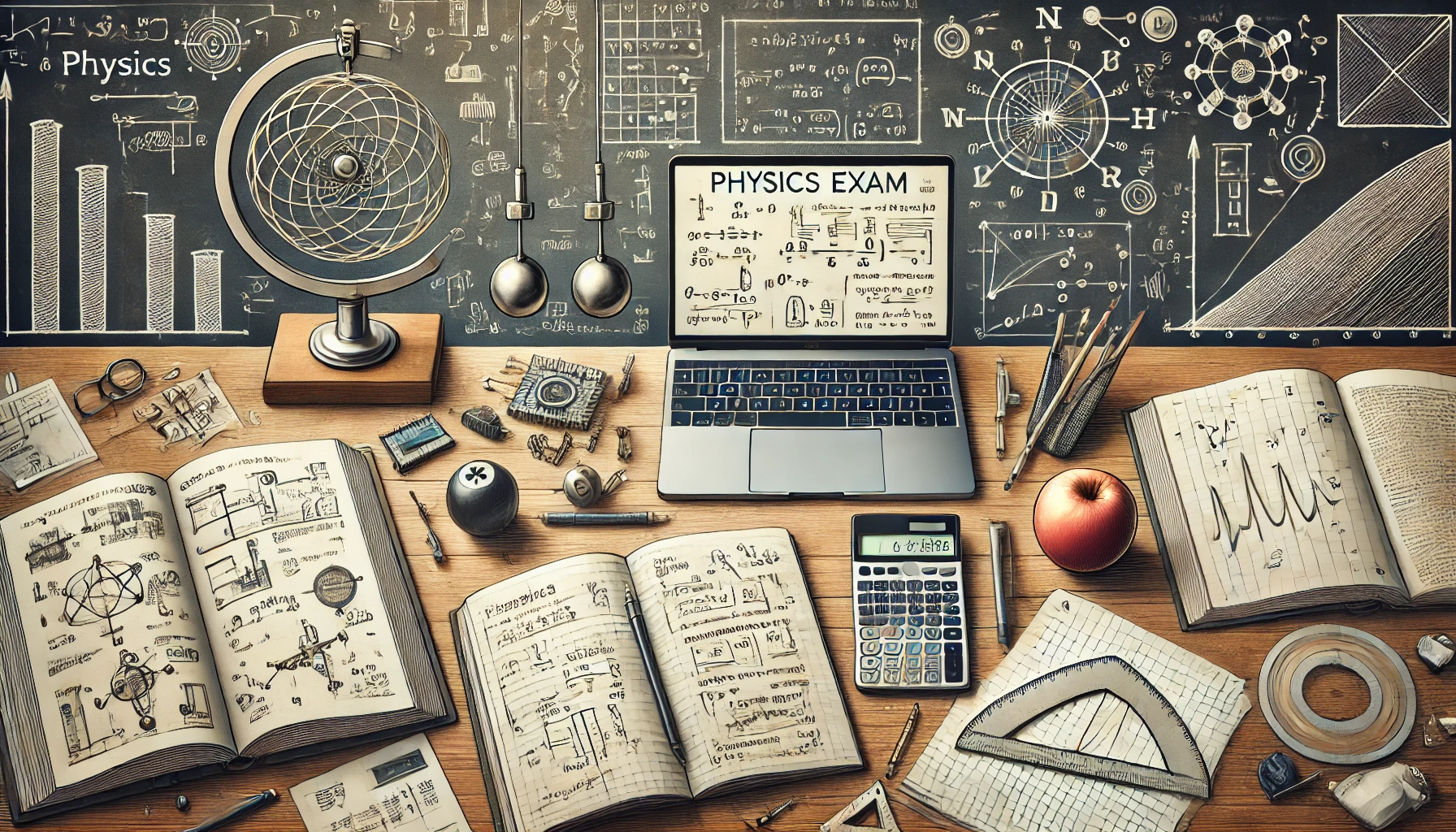
What is your advice for Physics students for the end of year exams?
It’s very boring advice, but in Physics, it’s by far the most important thing you can do: practice. Work through as many past papers and practice problems as you can find. Physics isn’t just something you can memorise from a book; it’s a way of thinking and an approach to problem-solving that, to an extent, you can only learn by doing. That said, it’s also really important to make sure you memorise definitions, key diagrams, and anything else you might be asked to recite on an exam. You can find lists of these online, and if you use a flashcard program like Anki, it makes it easy to memorise them incredibly well. It’s basically free marks.
When it comes to actually taking the tests—again, it’s a skill you’ve got to practice. If time management is something you struggle with during the exams, you should time yourself doing past papers in exam conditions. If you’re always stumped by those difficult Paper 2 questions, keep practising, read the markschemes, and I guarantee you’ll improve.
Do you have any resources that you would recommend?
Yes! To practice, I used Revision Village practice questions and the IB questionbanks. When it came to understanding the content, I watched lots of great lessons and tutorials on YouTube from channels like Chris Doner (again, shoutout!). Towards the end of the program, I also tried GradePod, the IB Physics resource from Sally Weatherly. It’s expensive, but she really knows what she’s talking about, and the videos are super helpful for exam technique and high-yield concepts. You definitely don’t need to pay lots for resources, though — there’s heaps of content available online for free.
❗Top IB Tutors has a partnership with Revision Village. If you want a tutor who has access to Revision Village, please complete an application today.
What separates an average student from a good student from a great students in IB Physics?
Practice is the most important thing—as I keep saying, you don’t know what you don’t know, and if you don’t regularly put your understanding into practice, you won’t be able to find and fix your blind spots. I also think that some of the best physics students are focused on building intuition for the underlying concepts. In the Paper 1 multiple choice questions, having an intuitive understanding of the principles underlying the content is essential, and it’s even more important in Paper 2, where you need to be able to instinctively recognise the concepts underlying problems to figure out how to solve them.
How did you balance study with the rest of your life in the IB DP?
Not very well! The IB was pretty challenging at times—not just academically, but spiritually, too. Coming away from hours spent on the EE or on studying with little to show for it was pretty demoralising for me. The things that got me through were spending time on my interests and hobbies outside of school, my friends, and my family. I’d also say exercise is incredibly underrated, both as a coping strategy and a study enhancer. It triggers neurogenesis, increases neuroplasticity, mitigates the effects of chronic stress, and reliably improves memory and general cognition—all you’ve got to do is go for a walk, a bike ride, a jog, a swim, or do some push-ups. Anyone and everyone can benefit.
Some more information about our tutor, Jonathan
Jonathan completed the IB Diploma Programme at Townsville Grammar School in 2024, receiving the highest possible score, a 45. He studied Physics, Chemistry, and Mathematics (AA) at Higher Level, and Spanish ab initio, English A (L&L), and Psychology at Standard Level, obtaining the maximum grade of 7 in all subjects. He also received the highest possible Australian IBAS score of 45.75. Furthermore, he obtained an A in both Theory of Knowledge and his Extended Essay in Mathematics, the latter of which explored the use of ordinary differential equations for modelling complex problems in physics. Jonathan is passionate about helping his students truly understand and excel in their subjects by sharing his unique tips and insights into the subject matter. Outside of school, he has attended the prestigious International Science School at the University of Sydney, appeared on ABC Radio National chatting science with Dr Karl and on the Science Show, and received an Australian Museum Eureka Prize for his short films explaining scientific concepts to a general audience. Alongside the IB, he also studied an undergraduate engineering physics unit at CQUniversity, an online course from Harvard in computer science (CS50), and a calculus MOOC with the University of Sydney.
If you would like to book a session with Jonathan, please submit an application today.



